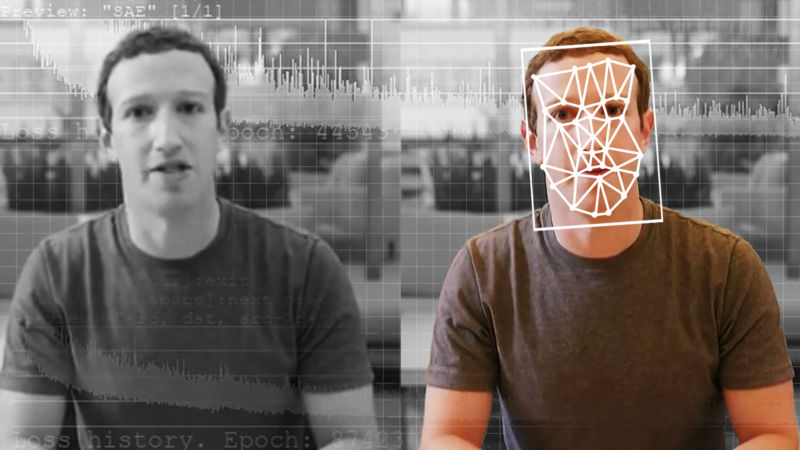Deepfakes aren’t very good—nor are the tools to detect them

Enlarge / A comparison of an original and deepfake video of Facebook CEO Mark Zuckerberg. (credit: The Washington Post | Elyse Samuels/The Washington Post)
We're lucky that deepfake videos aren't a big problem yet. The best deepfake detector to emerge from a major Facebook-led effort to combat the altered videos would only catch about two-thirds of them.
In September, as speculation about the danger of deepfakes grew, Facebook challenged artificial intelligence wizards to develop techniques for detecting deepfake videos. In January, the company also banned deepfakes used to spread misinformation.
Facebook's Deepfake Detection Challenge, in collaboration with Microsoft, Amazon Web Services, and the Partnership on AI, was run through Kaggle, a platform for coding contests that is owned by Google. It provided a vast collection of face-swap videos: 100,000 deepfake clips, created by Facebook using paid actors, on which entrants tested their detection algorithms. The project attracted more than 2,000 participants from industry and academia, and it generated more than 35,000 deepfake detection models.
Read 14 remaining paragraphs | Comments